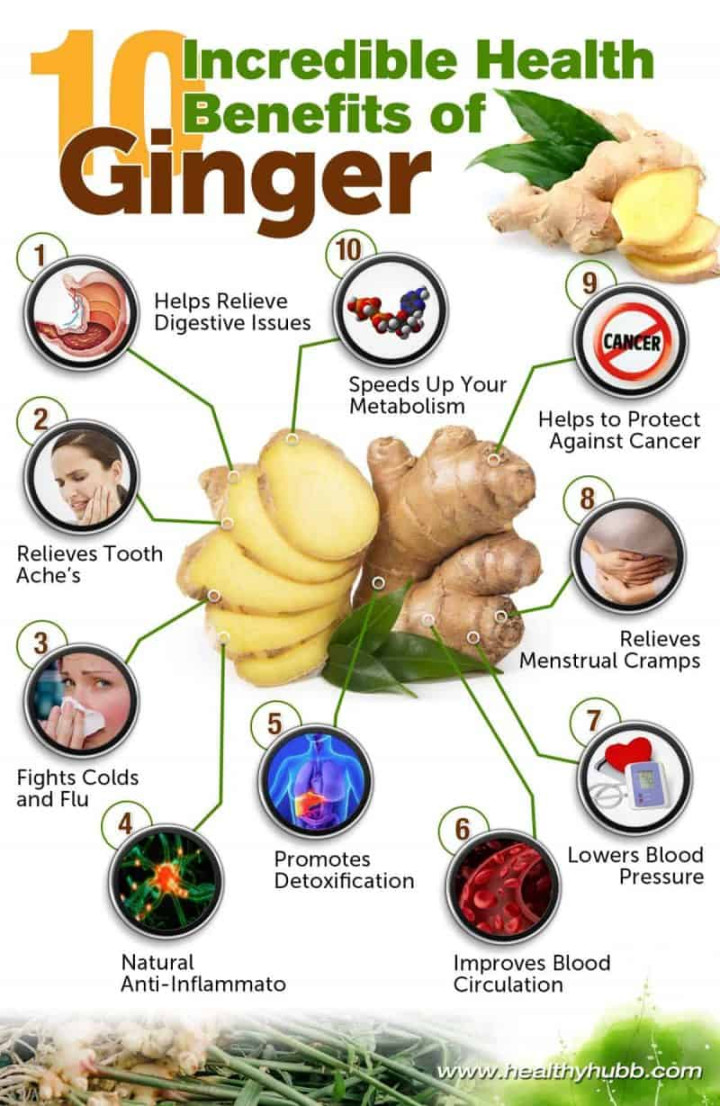A Root with a Repute
Ginger, a knobby, ginger-hued root with a spicy kick, has been revered for centuries as a culinary delight and a natural remedy. Its unique flavor profile and potential health benefits have earned it a prominent place in traditional medicine practices worldwide. Among its many attributed properties, ginger’s ability to soothe and calm the digestive system has garnered particular attention.
A History of Healing

The use of ginger as a digestive aid dates back thousands of years. Ancient civilizations, including the Chinese, Indians, and Greeks, recognized its potential to alleviate various gastrointestinal discomforts. In traditional Chinese medicine, ginger was often prescribed to treat nausea, vomiting, and indigestion. Similarly, Ayurvedic practitioners incorporated ginger into herbal remedies for digestive disorders and to promote overall well-being.
The Science Behind the Soothing
While modern scientific research continues to delve into the mechanisms behind ginger’s digestive benefits, preliminary studies have shed light on its potential therapeutic properties. One of the key compounds found in ginger is gingerol, a bioactive substance with anti-inflammatory and antioxidant properties. Gingerol is believed to help reduce inflammation in the digestive tract, which can contribute to feelings of discomfort.
Moreover, ginger has been shown to stimulate the secretion of digestive enzymes, aiding in the breakdown of food and improving digestion. This can help alleviate symptoms such as bloating, gas, and heartburn. Additionally, ginger may help to regulate the motility of the gastrointestinal tract, reducing the risk of constipation or diarrhea.
Ginger for Nausea Relief
Ginger’s ability to soothe the digestive system has made it a popular remedy for nausea, particularly during pregnancy or after surgery. Studies have suggested that ginger may be as effective as prescription medications in reducing nausea and vomiting. It is often recommended to consume ginger in small doses, either as a ginger tea, ginger ale, or ginger candies.
Ginger for Indigestion and Heartburn
Indigestion, characterized by discomfort or pain in the upper abdomen, is a common digestive complaint. Ginger has been traditionally used to alleviate indigestion by promoting digestion and reducing inflammation. It can be taken as a supplement, chewed fresh, or added to foods and beverages.
Heartburn, a burning sensation in the chest caused by acid reflux, can be another distressing digestive symptom. Ginger may help to reduce heartburn by promoting digestion and reducing the production of stomach acid. It is often recommended to consume ginger in small doses, particularly after meals.
Ginger for Bloating and Gas
Bloating and gas can be uncomfortable and embarrassing. Ginger’s digestive properties may help to reduce these symptoms by improving digestion and reducing inflammation in the gastrointestinal tract. It can be consumed as a supplement, added to meals, or enjoyed as a ginger tea.
Ginger for Diarrhea
Ginger has been used to treat diarrhea in various cultures. While more research is needed to fully understand its mechanism of action, ginger may help to reduce diarrhea by promoting the absorption of fluids and electrolytes. It can be consumed as a supplement, added to foods, or enjoyed as a ginger tea.
Incorporating Ginger into Your Diet
Ginger is a versatile ingredient that can be easily incorporated into your daily diet. Here are a few ideas:
Add it to your tea: Steep ginger slices in hot water to make a soothing and flavorful tea.
Note: While ginger is generally safe for most people, it is essential to consult with a healthcare professional before using ginger supplements or making significant changes to your diet.
 Udento Lifestyle & Health
Udento Lifestyle & Health




